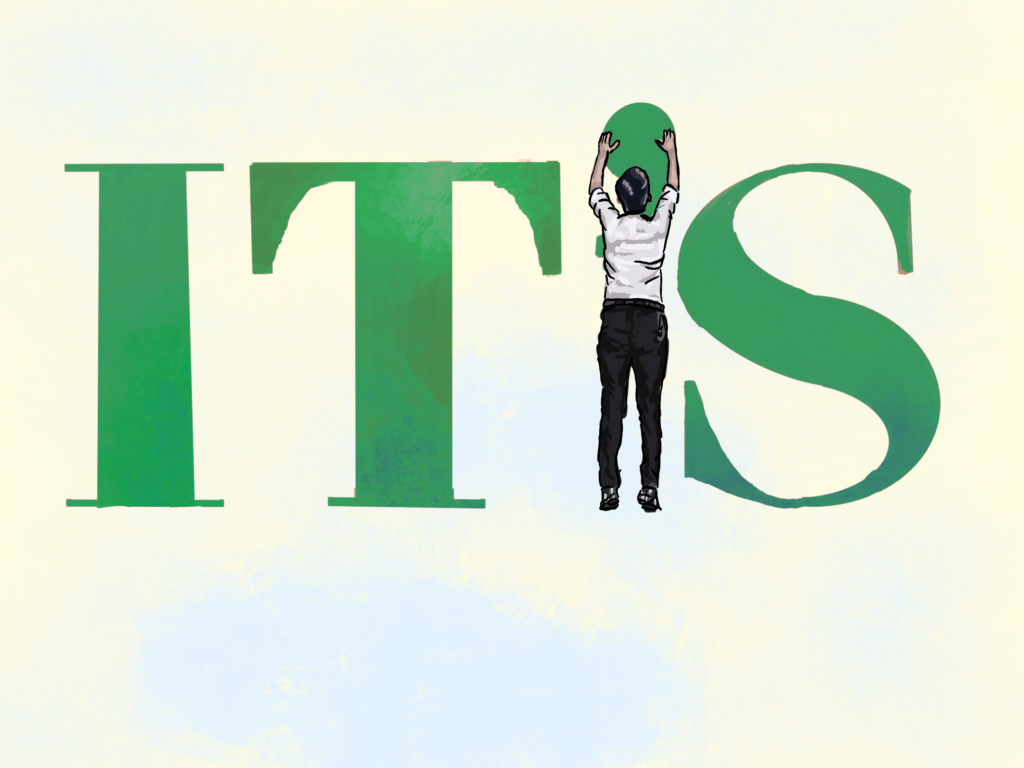
Graphic by William Gao/The Choate News
Whether for English classes or college applications, writing essays is a crucial part of the high-school experience. To aid us students in this task, we have access to a variety of writing assistant softwares, including, perhaps most prominently, Grammarly. Programs such as these give real-time feedback on your writing by helping to detect run-on sentences, eliminate passive voice, make sentences more concise, and much more. However, with such an intelligent tool at one’s fingertips, the problem thus arises: Are we becoming too dependent on this digital tool for our writing?
Grammarly claims to “Take Your Writing from Good to Great.” With cutting-edge features, such as a powerful spell-checker, a tone detector, a clarity checker, and readability scoring, Grammarly leaves no question as to why 30 million people use it daily. The powerful program simplifies the writing process, but along with the many advantages, these features come with a downside.
Being introduced to Grammarly in fourth grade, I have grown up using the software. Its accessibility and ease of use allowed me to use it without seeing the negative effects on my writing. (I am using it now, as I write this piece.) Looking back, however, I’m able to realize that allowing the program to finish my sentences and correct my writing did much more harm than good. Up until last year, I didn’t know how to differentiate between “affect” and “effect,” since Grammarly would always correct this issue for me. Even now, I still struggle to change my sentences from passive to active voice without rewording the whole paragraph.
Part of the strategem of Grammarly is that it is seemingly unobtrusive. Though numerous red underlines that indicate grammatical errors may appear, it is ultimately the user’s choice whether to accept those suggestions. However, as those red lines accumulate, one can be pressured to accept all the suggestions without carefully considering each recommendation. Because of this, the user is not actually learning how to apply these grammatical suggestions on their own.
Furthermore, Grammarly’s technology is still only a computer program, leaving room for errors. Even as I type this, Grammarly is telling me to delete various words in the previous sentence, leaving it as a fragment. However, with the company claiming that 85% of its premium users have become stronger writers, many users download the tool without properly thinking over its effects.
As many of us know, writing is a learning process. Though many of us wish we could, one cannot just sit down and create a masterpiece. Instead, crafting papers takes planning, effort, and trial and error. Grammarly, though powerful and useful, forces us to rely on external forces instead of developing our own voice, ultimately harming our writing.




